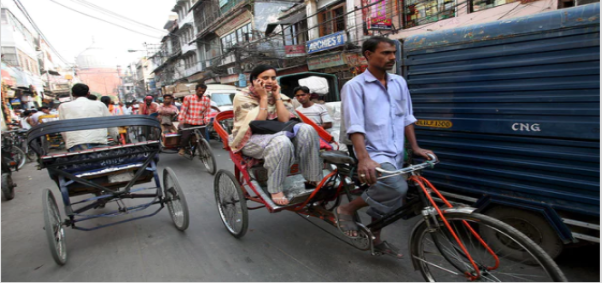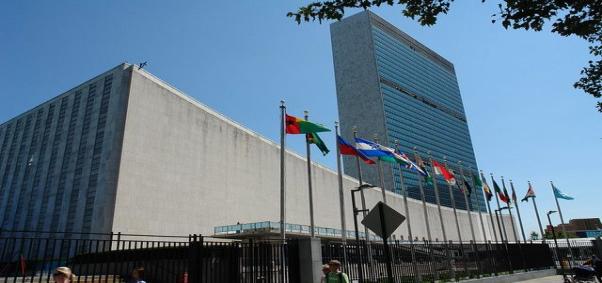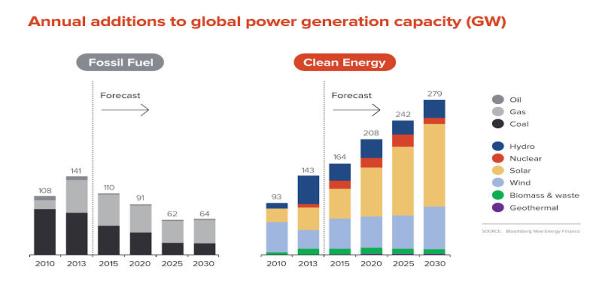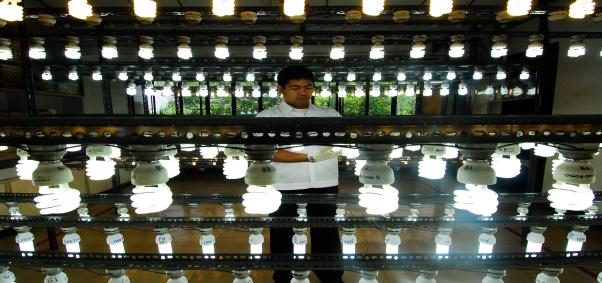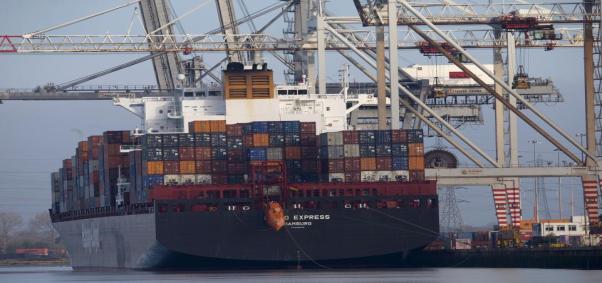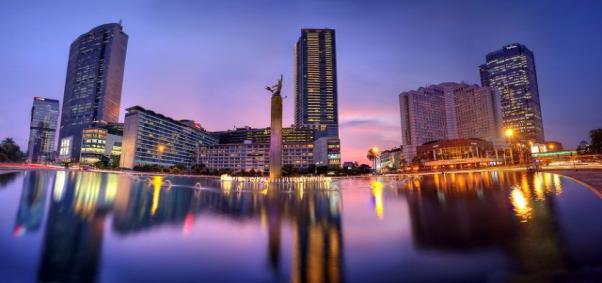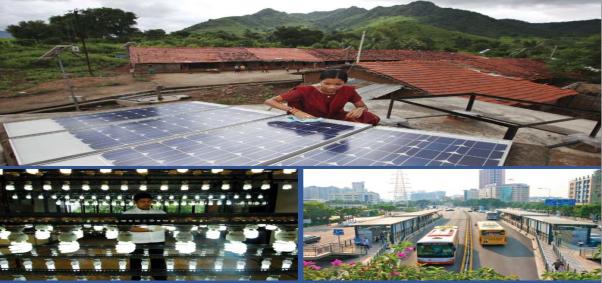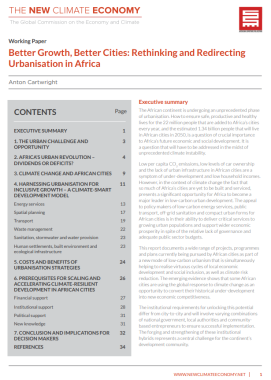
This report documents a wide range of projects, programmes and plans currently being pursued by African cities as part of a new mode of low-carbon urbanism that is simultaneously helping to realise virtuous cycles of local economic development and social inclusion, as well as climate risk reduction.
Downloads
671.88 KB
1.2 MB
459.69 KB
5.38 MB
![]() Seizing the Global Opportunity: Partnerships for Better Growth and a Better Climate.
Seizing the Global Opportunity: Partnerships for Better Growth and a Better Climate.
6.21 MB
1.58 MB
![]() Better Growth, Better Cities: Rethinking and Redirecting Urbanisation in Africa
Better Growth, Better Cities: Rethinking and Redirecting Urbanisation in Africa





